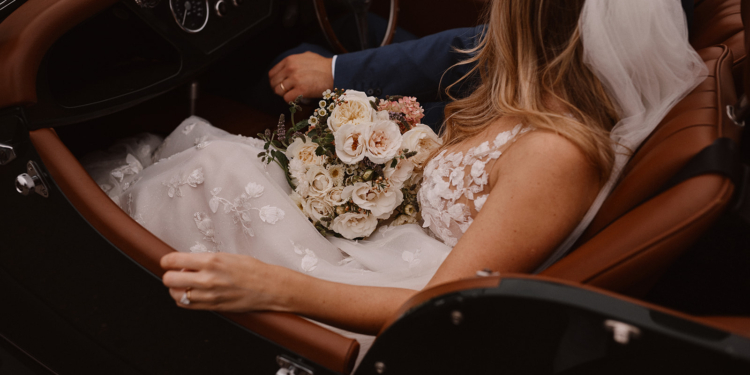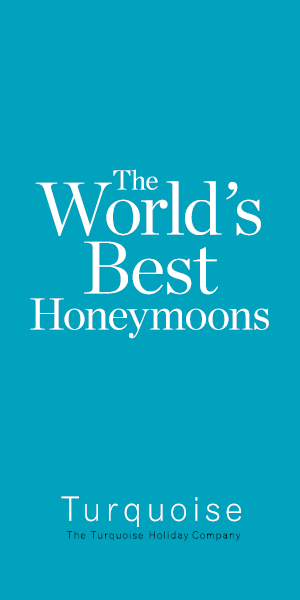It’s easy to get over excited once you start your wedding planning. After all, you’ve probably imagined your dream nuptials for longer than you would care to admit and now the sparkler on your left hand has given you both the green light. But before you dig in to mood boards and swatches and venue hunting, we asked the experts for the biggest wedding planning mistakes they encounter, and how you can avoid them…
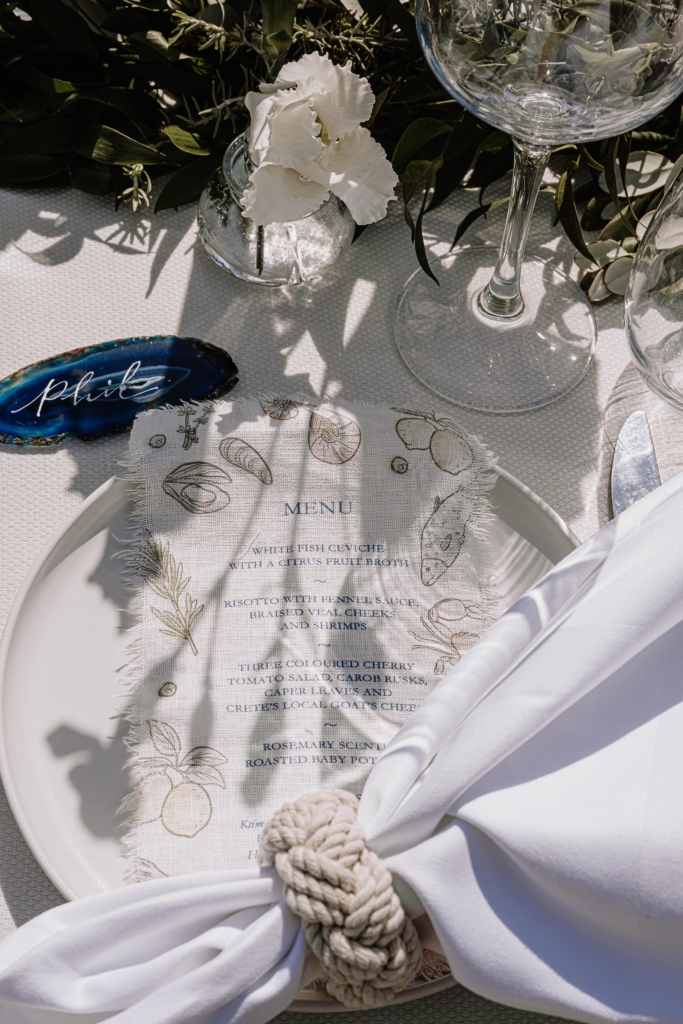
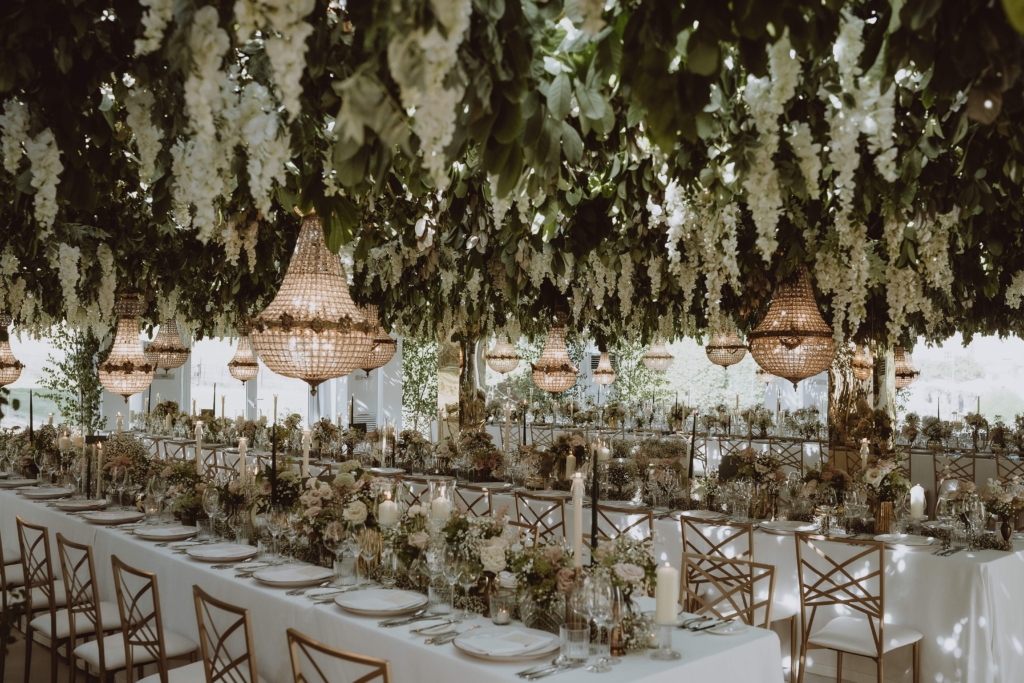
1. Ignoring the wedding planning budget…
OK, so you know your dream wedding, but can you afford it? “I’m always going to be transparent and honest with costs from the beginning,” says wedding planner Alice Wilkes. “The most important reason is that I would never want the couple to think they can get more than they can. Setting a budget really early on allows you to have an accurate picture in your mind of what your day will look.”
So, essentially, find out what your dream actually costs before you try and make it a reality? “Absolutely,” replies Wilkes. “You also have to be realistic with a budget. I always caution couples against googling ‘average wedding cost’ because I actually don’t think there is any such thing as an average wedding. Each venue, each country, each idea is totally different. Knowing what you can actually afford should be every couple’s starting point.”
All experts also warn that the budget must be monitored throughout. “You absolutely have to track your payments,” says Georgina Griffith-Jones of Moriarty Events. “Every wedding ends up with spiralling costs that you didn’t see coming. The best way to minimise that is to always be checking on the budget and logging each and every payment.”
2. Thinking you have to fit an existing wedding template…
“One of the most common mistakes a couple makes when planning a wedding is believing their wedding has to look like everyone else’s” says Tom Couch, director of Thomas Couch & Co, a luxury events and wedding planner. “You actually need to sit down and think what do we want for our wedding. I would always say to couples: recreate your favourite day. It doesn’t have to be a classic wedding.”
Griffith-Jones agrees, and recommends listing out your priorities. “Figure out what is important to you on the day- that might be flowers, food or even a great sound system,” she says. “That is where you should be investing your time and especially your budget. I’ve seen a lot of waste on aspects of weddings that no one really notices and, more importantly, that the couple only got because they thought they should.”
Lucy Vail of Lucy Vail Floristry, even sees this in the floral decisions of the bride. “A lot of brides think their bouquet has to be the classic green and white,” she says. “In fact, that decision comes down to what dress you have, what colours you actually like and also any personal touches- like national flowers or the meaning attached to certain blooms. You really do have to make these things personal.”
3. Neglecting the guest list…
As strange as it sounds, this is a frequent wedding planning mishap: not pinning down your numbers. Much like establishing your budget early on; this is an essential component of your wedding. It will dictate, not only the likely cost, but what venue you can have. “You need to make a guest list before you start anything,” says Griffith-Jones, who also adds that – when family are involved- either fiscally or just in the planning- this list can become open season. “I’ve seen it so many times when a couple have a number and then their parents suddenly add in fifty more people. Oh, and the other thing that everyone always forgets to do is put themselves on their guest list!”
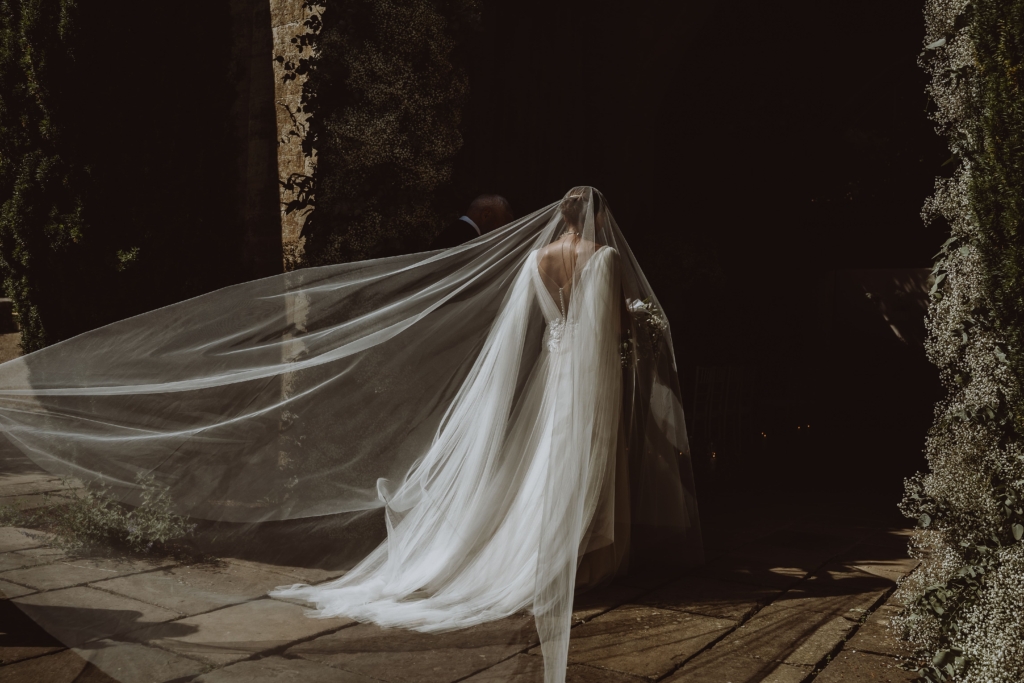
4. Falling blindly in love with a venue…
You’ve found ‘the one’ – the perfect spot where you know you will be saying your ‘I do.’ Don’t sign anything yet! “Too many couples just blindly say yes before checking all the hidden caveats,” warns Wilkes. “One main thing people forget to do is check to see if you have free rein of what supplies that you bring in. Some venues are simple, and you hire the venue, and you can do what you want with it and part of my job, doing wedding planning is curating the best vendors for the couple: the perfect food or flowers. But some venues will say you can only use an approved list of suppliers. That often totally restricts the couple – and can affect the budget too.”
Griffith-Jones adds that you also need to make sure your fully understand your access to a venue. How early can you get in? When can your supplier start setting up? When is ‘lights out’? “If you fancy a party until the early-hours and the venue shuts down at midnight, this is something you need to know,” she says. “There are a lot of questions people don’t ask their venue, they just got very overexcited and think of what the photos will look like. So, when you believe you’ve found the right venue, make sure you have all the answers on the important stuff – suppliers, restrictions, access, full costs and what the wet-weather option is if the wedding is outside- to make sure it really is the right one.”
“When booking a venue, I also really wish people understood the difference between a wedding planner and what a lot of venues will give you – an events coordinator,” she adds. “They can be immensely helpful with venue specifics, but they’re not going to hold your hand through the whole process. I would caution couples to realise the limitations of that role. My job as a planner is to care about every little aspect – from timings of deliveries to the fact Auntie Jean can’t eat chicken. A coordinator is not paid to do that.”
5. Not hiring professionals for your wedding planning…
“I’ve seen so many times when couples have roped in friends to do aspects of the day, like florals, calligraphy or cake and it has gone wrong,” says Wilkes. “Whilst that is a wonderful experience, you need to know: is that person good enough to do it to scale? Your friend may be an amazing baker, but has she ever made a cake for 200 people? Or your friend who likes flowers- have they ever made a floral arch that big? If not- hire a professional!”
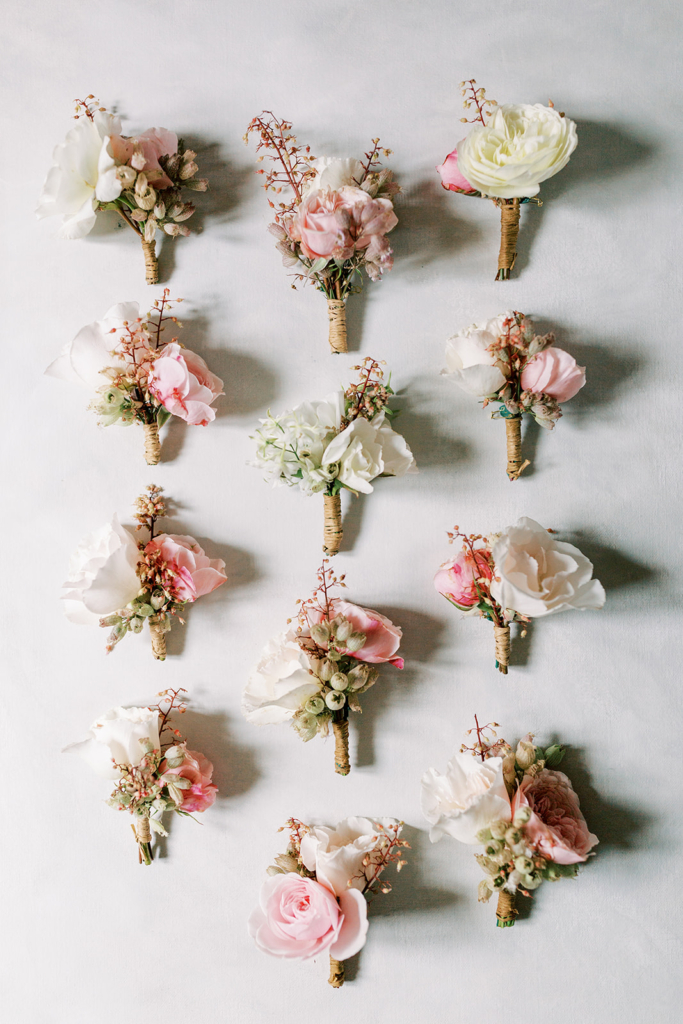
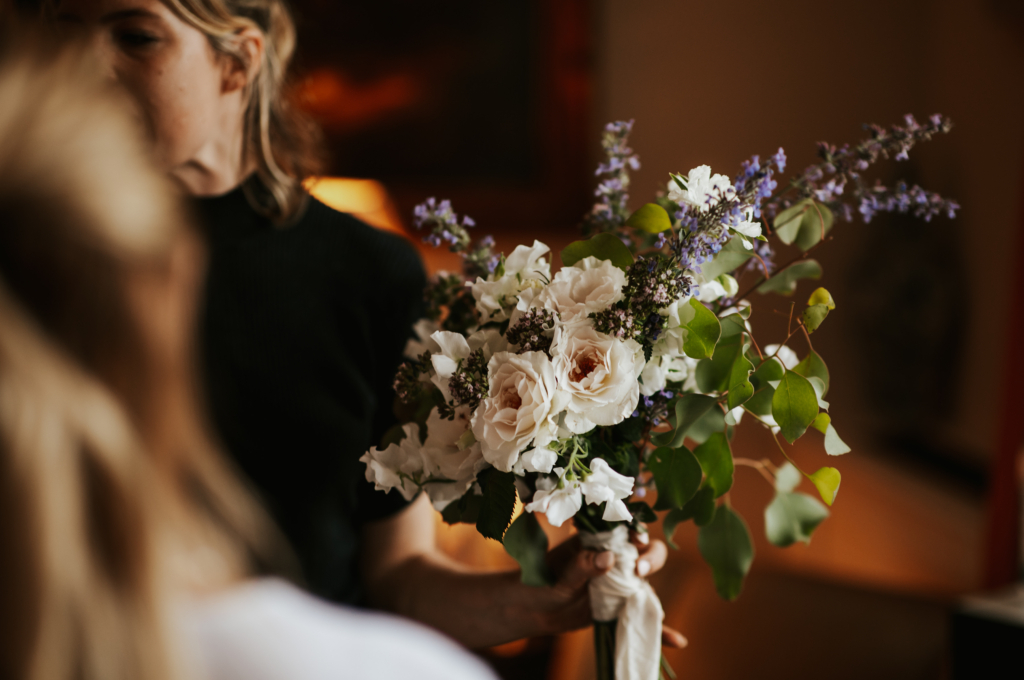
6. Underestimating the stationary…
Once you have started the wedding planning for your big day, you need to … invite the guests! If you’ve decided to go the traditional paper route, don’t underestimate what is required. “There can be quite a lot of pieces involved!” says Lewis R Stevenson of Leeming Brothers. “Make sure you think about the additional information cards, RSVPs, secondary invitations (if the wedding is longer than a one-day celebration) and the information that is needed for these. If couples are on a deadline to get their invitations out to their guests then having all of this information ready to go can save a lot of time. Your stationer will understand that things can change, especially guest lists, but I promise they will thank you for having it all together for them!”
There is also the fact that, when budgeting or organising stationery, there are myriad parts couples forget. It encompasses, after all, not just the invitations, but place cards, menus and, often, an order of service. Alice Wilkes believes that stationery is too-frequently an undervalued part of a wedding. “I think these can be one of the most beautiful parts,” she says. “It is a chance to be so bespoke and illustrative and isn’t hugely expensive. Are you creating a beautiful monogram or depicting the venue on the invites? How are you setting the tone and seeing that design thread run throughout the whole day? Stationery is one of the best ways to do that.”
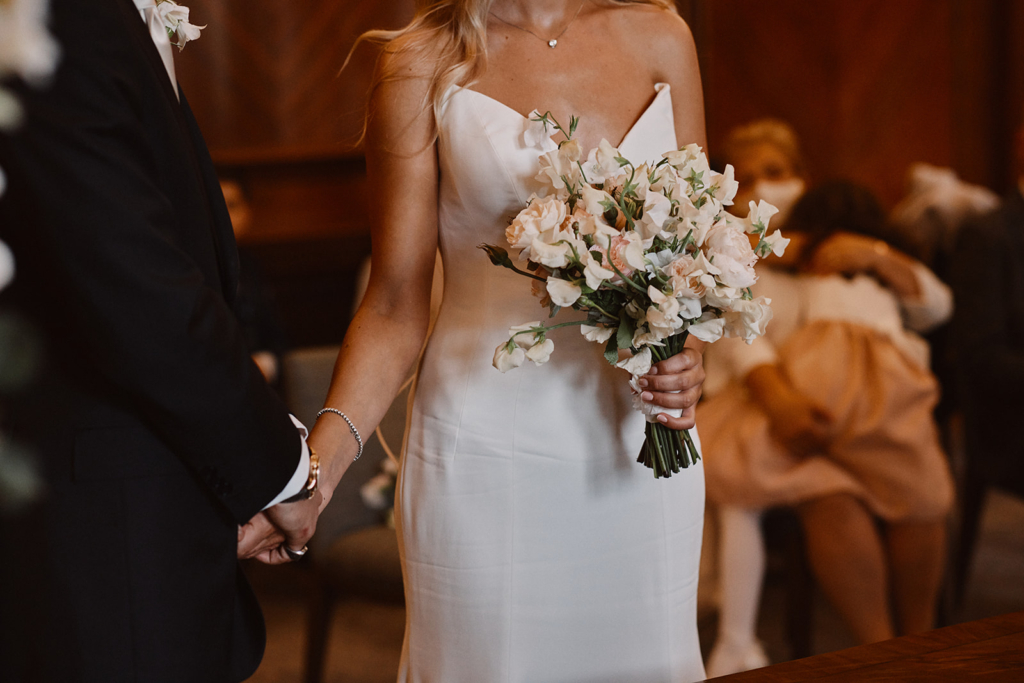
7. Doing it for the gram…
“I see this happening more and more at weddings,” says Couch. Planning around staged photo ops for Instagram – is, increasingly, becoming a dictating force in nuptials. Experts warn that, while a nice idea in theory, it shouldn’t come at the expense of the budget, the feel of the day and the guest experience- though, sadly, it frequently does. “Often couples will stage moments that are meant to be organic and spontaneous – like coming out of the venue to confetti- if the backdrop isn’t ‘grammable’,” Couch explains. “This totally sucks the fun out of the day and I’ve seen guests have to walk for ages from photo op to photo op, for no good reason. That ruins the flow of the day and when planning an event you have to consider that” (More on which later)
Equally, Couch warns that a venue should be chosen for personal, not photogenic, reasons. “I’ve seen weddings be staged at faraway places that have no link to the bride and groom and it honestly feels strange and unnecessary,” he says, and adds, with a laugh: “I know of one in the middle of nowhere, which was really hard to get to and where the couple had no connection to the location and the guests kept asking- But why are we in Wales?”
For Vial, flowers can frequently be used to create many a grammable moment, but even she cautions against creating floral designs that, IRL, just don’t really work. “A lot of couples focus on wanting to fill every space, like, for instance, the windowsills of a church,” she says. “But if you’re guests are looking at the windowsills in the church, then they’re looking at the wrong thing. What you want is to draw eyes to the right spots- coming out of the church, framing you at the top of the ceremony, where your guests walk for the first time into your venue. You need to think about the real experience flowers can shape.”
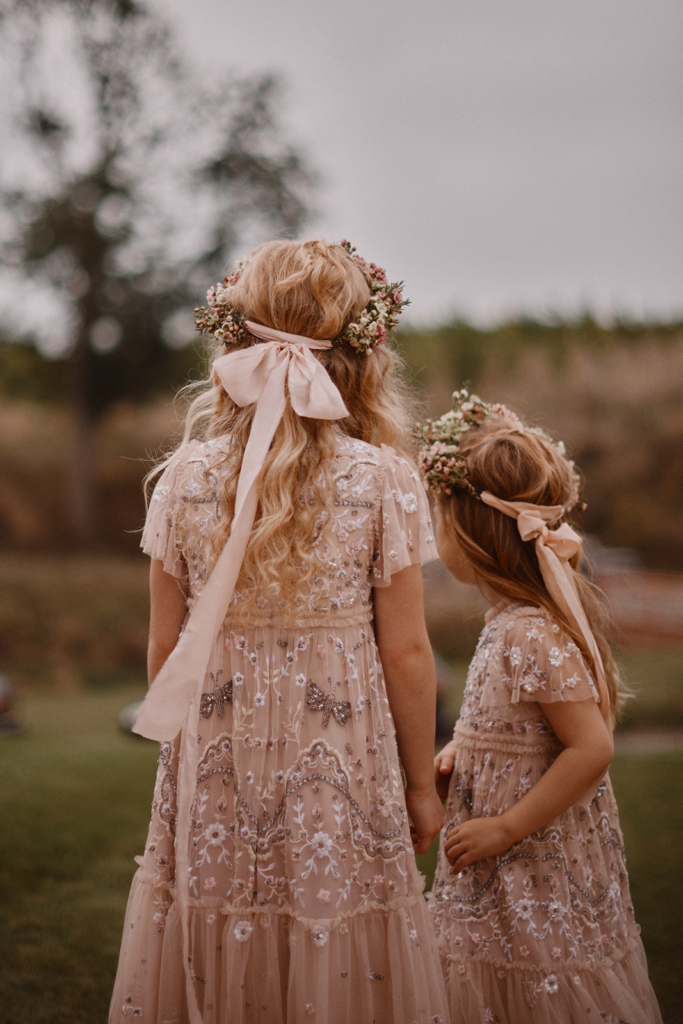
8. Being too creative with the table plan…
It is an aspect of wedding planning which couples usually get excited about…before they realise how stressful it can be. Couch warns not to get too creative with it. “Honestly, keep it simple,” he says. “Table plans should be focused on getting a good group of people together who will get along. There’s often an emphasis on splitting people up, but the worst thing in the world is when someone sits down at a table, and they’re miles away from their partner and don’t know anyone. You don’t really need that as a guest and you don’t want awkward vibes at your wedding. You want everyone relaxed and happy.”
9. Not paying attention to timings…
What all the experts will tell you about wedding planning for your big day? It’s something called ‘The Guest Journey’- that is- the flow of your guests throughout the day. Have you thought about the starts and stops, the pauses without anything to do, gaps in food and drink? The aim is to make the day as seamless as possible, for you as well as your guests. Alice Wilkes recommends alwsys allowing more time for the bride and her bridesmaids to get ready and Griffith-Jones cautions that, next to the budget, the schedule is what needs the most constant attention. “This is especially if you’re looking multiple venues – like a church and a reception venue,” she says. “Not paying attention to timings can lead to either very little time after the church, or so much time that you are paying for basically your guests to eat and drink for a lot longer.”
“I think the trick is not to start too early,” says Couch. “When you have your makeup done at 7am – you’re not going to look like that by 8pm. Also, having the ceremony in the morning and no one is fed until the evening. They’re all probably too drunk by then! You have to be aware of timings, never letting any moment drag. Just try and keep it moving along.”

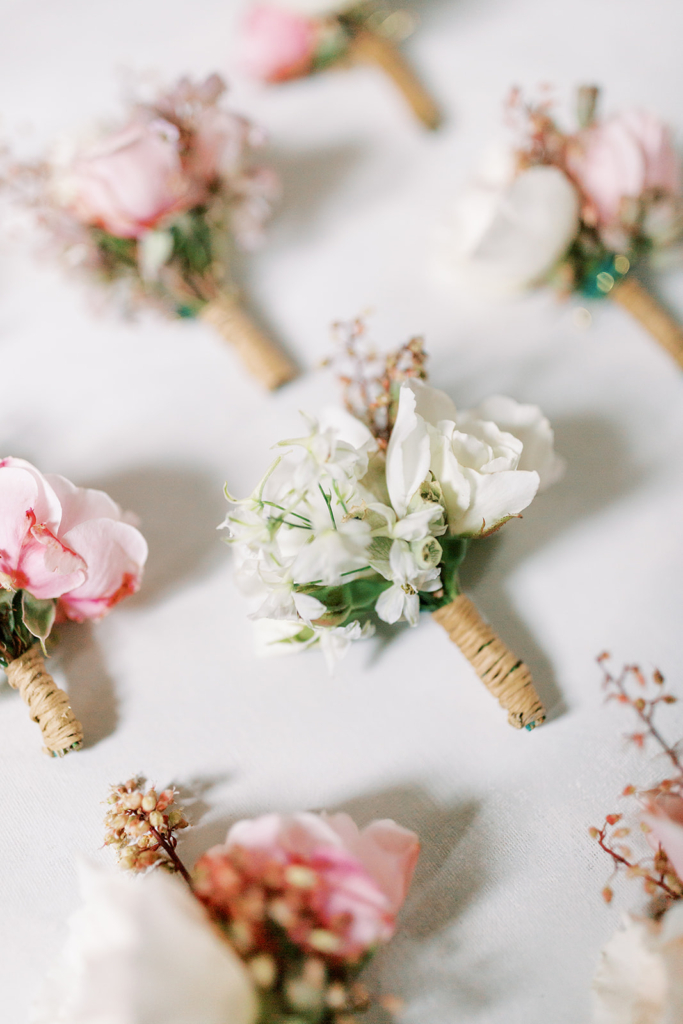
10. Forgetting it is YOUR day…
The top piece of advice every single expert proffered about wedding planning mistakes, was this little nugget: never forget whose wedding it is. Capitulating to family pressure, or external noise – be it Pinterest, Instagram or the weddings of others, is one of the biggest mistakes you can make. Try as much as possible, to block out the demands of family and others and think what it is you really want for your wedding, what is really important to you. “I think it’s essential to remember why you’re getting married,” says Couch. “In all the stress, that can get lost. Bring the focus back to you as a couple.”
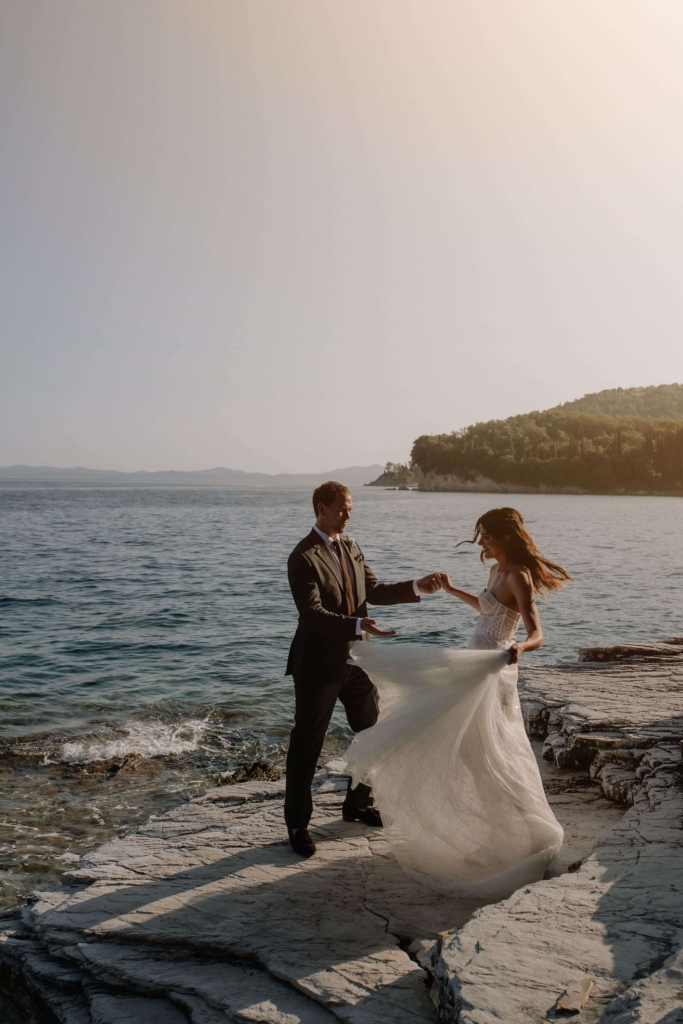
Related Article: The Guest List Will Be Your Stress List- Here’s How To Cope

